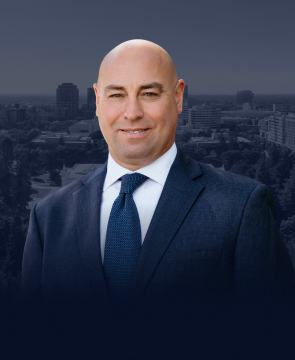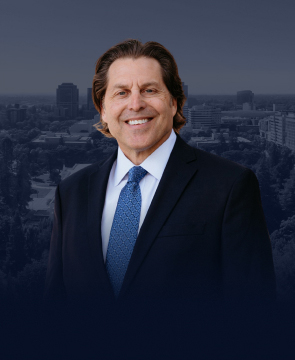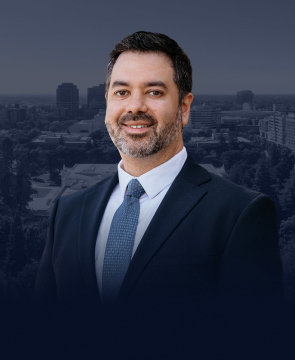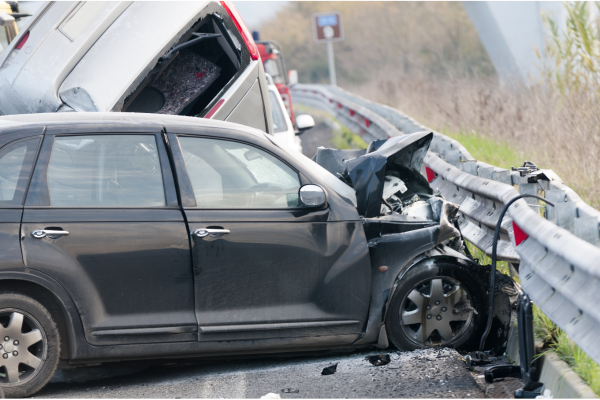A 56-year-old Sacramento motorcycle rider was killed when he was struck head-on by a wrong-way driver on Highway 160, according to the California Highway Patrol.
The rider, whose name has not been released, died upon impact even though he was wearing a full-face motorcycle helmet. The crash occurred with Elwood Nigh, 86, apparently merged onto the highway from Richards Boulevard traveling the wrong way. Nigh was driving a 2005 Dodge Ram and was going about 30 miles per hour when he struck the motorcycle. The rider was traveling approximately 50 miles per hour at the time of the crash.
Benjamin Sun, 42, was operating a Toyota Corolla on the right rear side of the motorcyclist. It is possible that the rider was unable to avoid the crash because he had nowhere to go. The Corolla was hit by debris from the crash. Both vehicle drivers were wearing seat belts. Police do not believe that any of the people involved in the crash were under the influence of alcohol or drugs.
Motorcyclists At Higher Risk for Injury
Motorcycle riders are at higher risk for injury and death than any other class of drivers. According to the Centers for Diseases Control:
- In 2008, the number of deaths from motor vehicle crashes reached an all-time low. However, the number of motorcycle-related deaths reached an all-time high. Experts believe that new safety features for cars and trucks combined with a higher number of motorcycles on the highway may explain this trend.
- Between the years 2001 and 2008, there were 34,000 motorcycle-related deaths and more than 1.2 million injuries.
- The age group with the highest rate of death and injury on motorcycles are 20 to 24-year-olds followed by 25 to 29-year-olds. However, older riders in the 40-to-55-year age range are increasing in large numbers so they may also begin to account for a larger percentage of injuries and deaths as statistics continue to be compiled.
- Motorcyclist death rates increased 55 percent between 2001 and 2008, probably due to the larger number of riders that are present on the roads today in all age groups.
- Non-fatal motorcycle injuries increased by 46 percent during the same time period. The faster increase in death rate compared to injury may be a statistical anomaly, but it could also be due to the fact that many drivers now drive more aggressively and faster due to a false sense of security from vehicle safety devices. It could also indicate that the prevalence of larger vehicles, such as SUVs, on the road means a higher probability of death for motorcycle riders.
Simply put, motorcycle riders have a higher risk factor on the road, all other things being equal, than drivers of cars or trucks. In the famous Hurt Report published in the 1970s, researchers noted that a motorcycle rider was 35 times more likely to die in a traffic-related accident than the driver of a car. This number does not seem to have changed significantly in the intervening years.
Why Are Motorcyclists So Vulnerable?
One reason that motorcyclists are so much more likely to be injured or die in a crash is the fact that they are not as well-protected by safety devices. Passenger car occupants have access to seat belts, air bags and roll cages that help to protect them in the event of a crash. While anyone can still be hurt or even killed in a car accident, there are devices designed to protect the occupants of a car or truck.
A motorcycle rider, on the other hand, has little to no physical protection. Pure physics suggests that the rider of a motorcycle being hit by a car is already at a disadvantage from a force perspective because of the relatively light weight of a motorcycle compared to a passenger car. To the motorcycle rider’s further disadvantage, he or she does not have a seat belt, air bag or other safety feature for protection. Many riders are ejected from their bikes during a crash or are thrown off the bike when it skids.
Finally, motorcycle riders are vulnerable because passenger car and truck drivers are often careless of motorcycle safety. Some drivers genuinely do not see a motorcycle rider, but some are aggressive and will deliberately cut a motorcycle rider off rather than give way.
If you have been injured in a motorcycle accident, there is something you can do. Talk to a motorcycle accident attorney about your case, even if you do not believe you can collect any compensation. A good personal injury attorney may be able to help you establish liability on the part of another driver and collect payments for your medical bills, lost wages, pain and suffering and other costs. If you have lost a family member as a result of a motorcycle crash, talk to a personal injury attorney about a possible wrongful death case.











